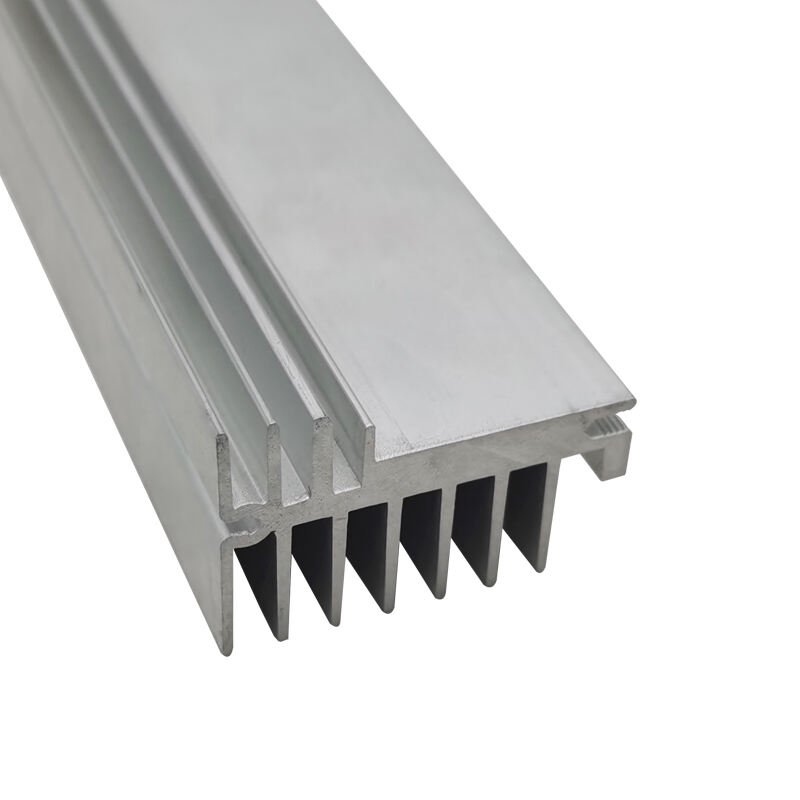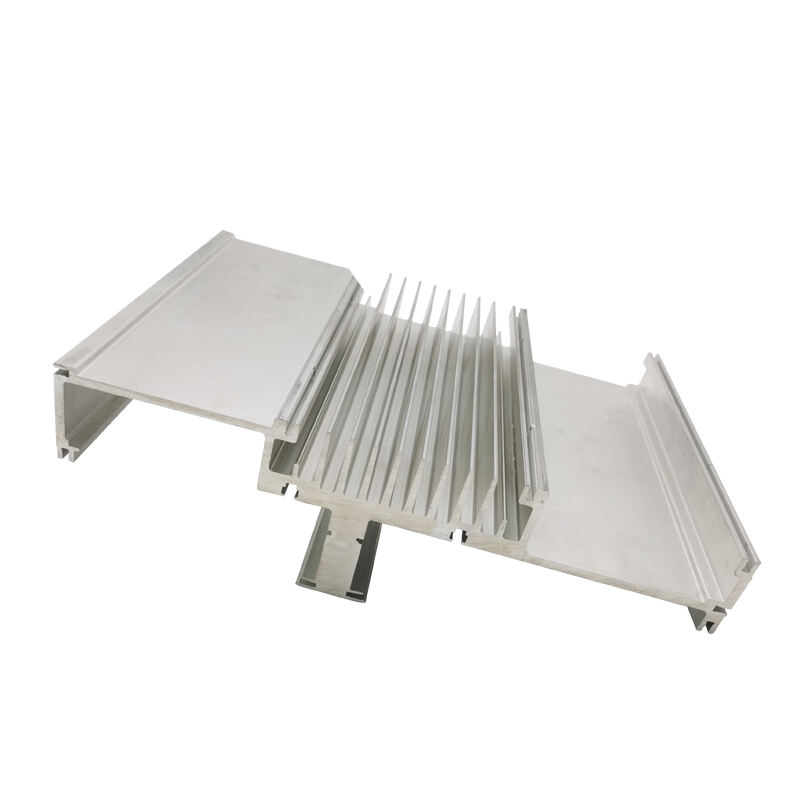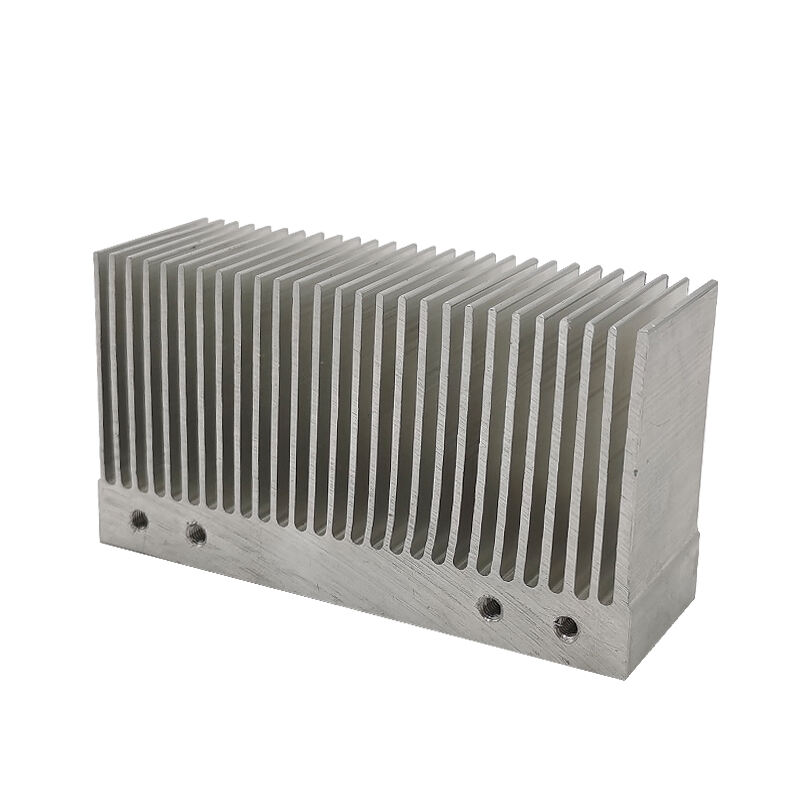anodized aluminum heat sink
Anodized aluminum heat sinks represent a cutting-edge solution in thermal management technology, combining superior heat dissipation with enhanced durability. These specialized components undergo an electrochemical process that creates a protective oxide layer on the aluminum surface, resulting in improved corrosion resistance and thermal performance. The anodization process not only enhances the material's natural properties but also allows for customizable surface finishes and colors without compromising thermal conductivity. These heat sinks are engineered with precisely calculated fin designs and surface areas to maximize heat transfer efficiency. They effectively conduct heat away from critical electronic components, maintaining optimal operating temperatures in various applications. The anodized surface treatment significantly increases the heat sink's resistance to wear and environmental factors, making it ideal for both indoor and outdoor applications. In industrial settings, these heat sinks are commonly found in power electronics, LED lighting systems, and high-performance computing equipment. Their exceptional thermal management capabilities, combined with their lightweight nature and long-term reliability, make them essential components in modern electronic devices and industrial machinery.


